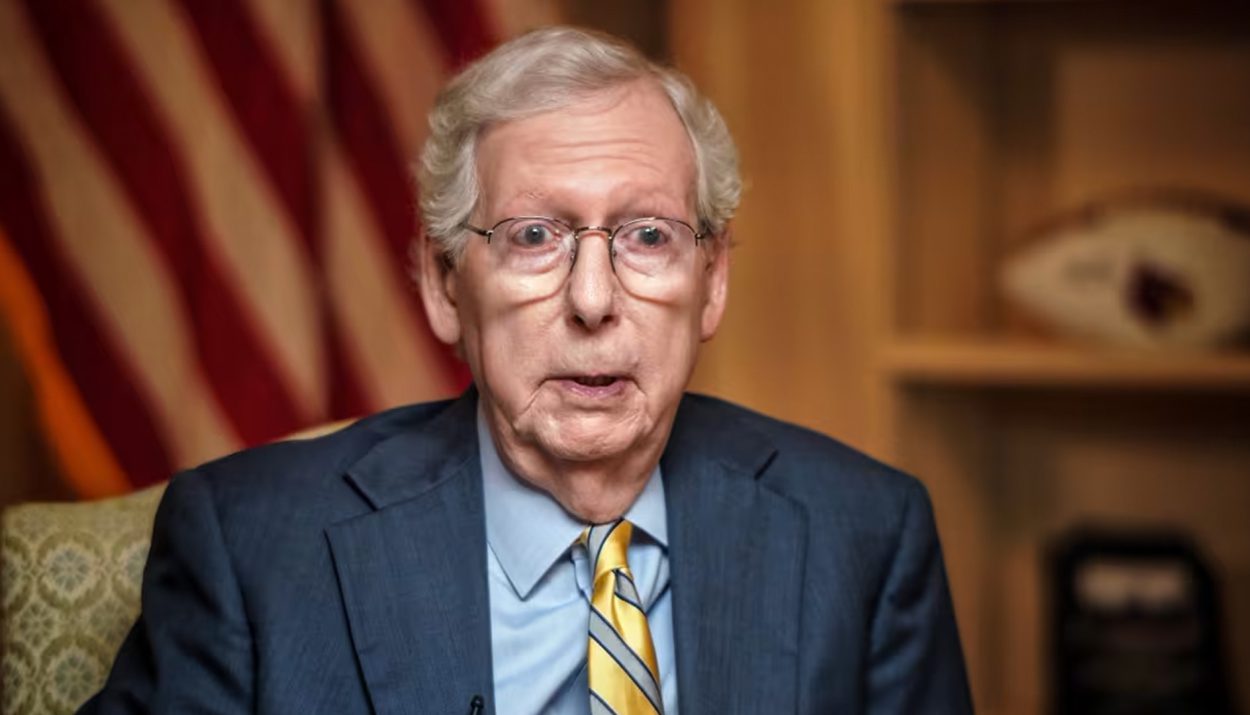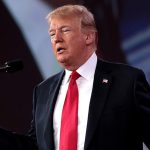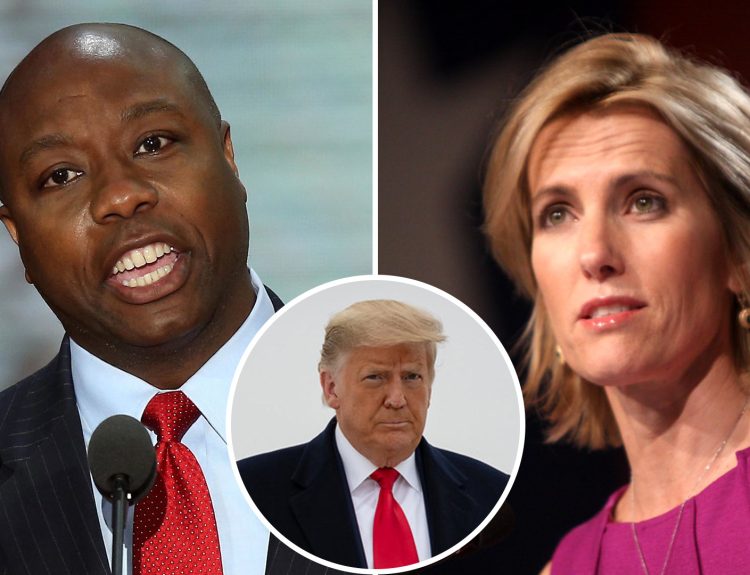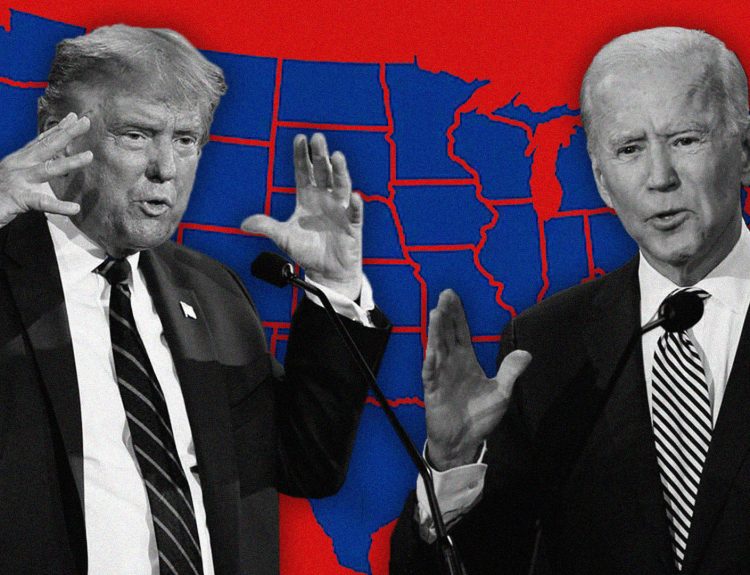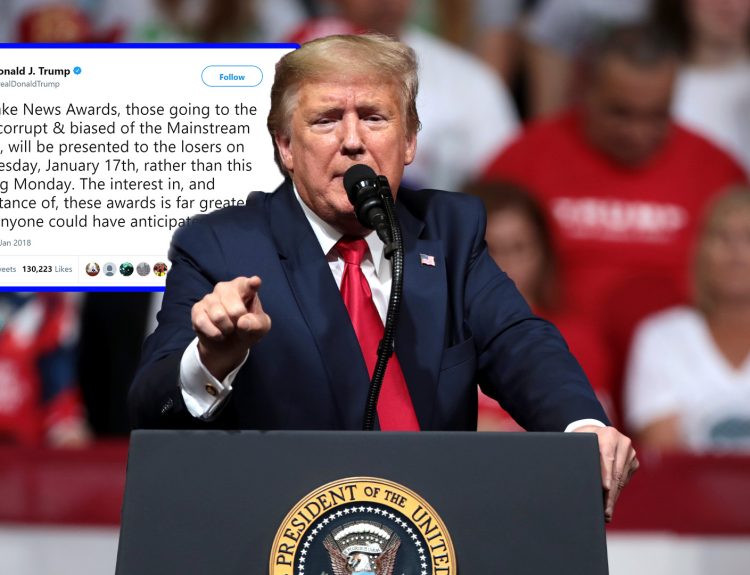Donald Trump’s legal woes are slowly becoming more of a media circus than his actual presidency was. While the man is no stranger to the press or a camera, his legal problems are exactly the kind of press that Trump has tried to avoid. All press is not necessarily good press, and many political experts believe that Trump is slowly running down the clock on America’s goodwill.
Many Firsts for Trump
Trump holds the honor of not only being the first president to be formally impeached by the House of Representatives not once, but twice, but he is also the first former president who has been indicted on criminal charges.
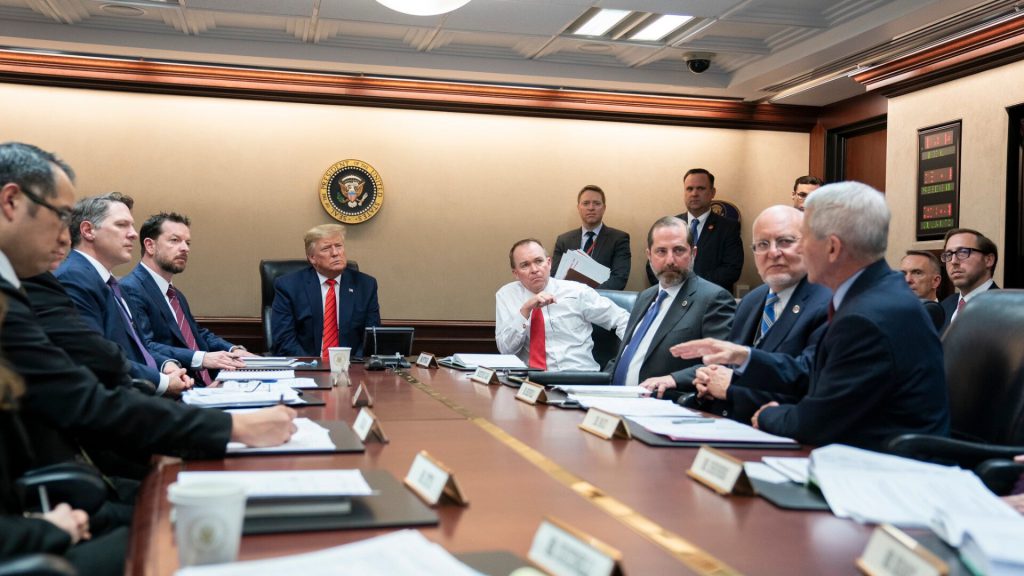
Trump is currently facing prosecution for 88 felony counts in four different jurisdictions, for various crimes. One case is about Trump’s business practices and alleged fraud, one regards national security and classified documents, and two cases are about Trump’s actions – or lack thereof – around the 2020 election, which he lost to Joe Biden.
Legal Cases Around the 2020 Election
The cases about the 2020 election have raised particular media interest. This is because of the details of the cases themselves, in part, but also because Trump has gone out of his way to paint himself as the innocent party.
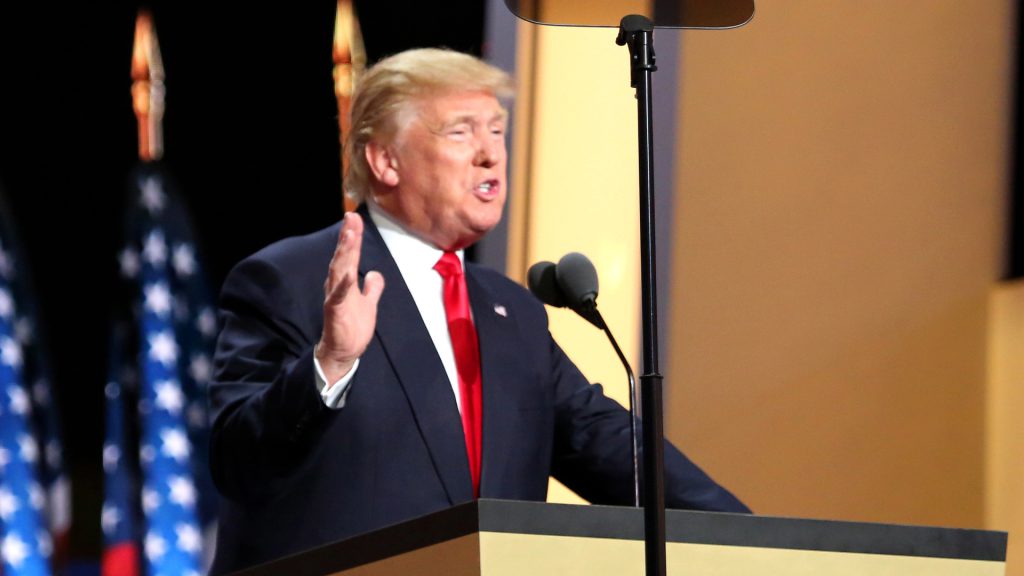
At rallies and in interviews, Trump has repeatedly stated that he is innocent, and that the legal cases against him are merely the Democrats engaging in a “witch hunt” of political rivals. In the cases surrounding the election, Trump has not only claimed that he is innocent, but he has also doubled down on the Big Lie.
What is the Big Lie?
The Big Lie is Trump’s claim that he, not Joe Biden, was the true winner of the 2020 election. It began months before the election itself, with Trump claiming from the beginning of his campaign that if the Democrats won, it would be because they had cheated, or stolen the election from Republicans who were exercising their Constitutionally guaranteed right to vote.
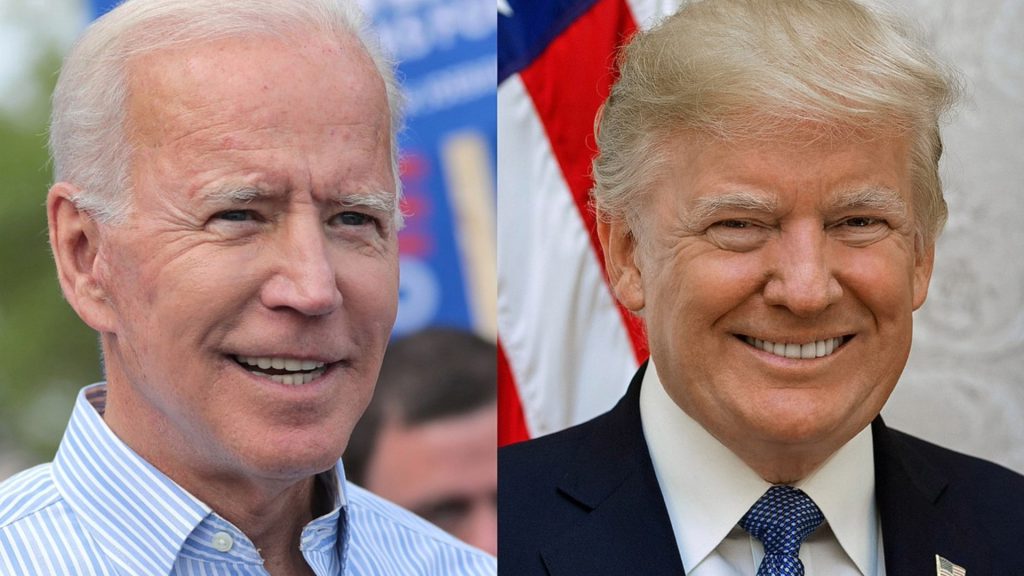
In the months leading up to the 2020 election, Trump and the Republican party sowed a significant amount of doubt in the American election process. Republicans doubted that their vote would count in a way that mattered, especially given the way that voting rules were changed to accommodate social distancing rules during the coronavirus pandemic.
The Storming of the Capitol
This doubt in elections culminated in one of the most shocking tragedies in modern American history. On January 6, 2021, Trump supporters – including members of terrorist organizations like the Proud Boys and the Oath Keepers – stormed the United States Capitol in an attempt to prevent the certification of the 2020 election by Congress.
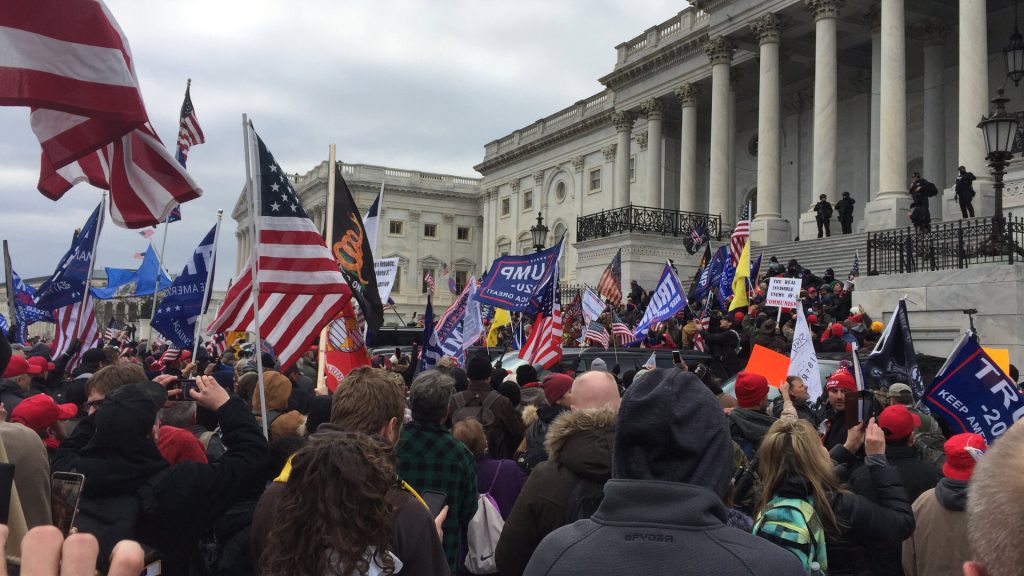
This attempt was ultimately thwarted, though Congress did have to evacuate for several hours until the intruders were out of the Capitol. The 2020 election was certified, and the peaceful transfer of power in America was completed when Biden was sworn into office, but only just.
Trump’s Efforts to Overturn the Election
Trump’s efforts to overturn the 2020 election are what the Georgia and Washington D.C. cases are about. In Georgia, Trump and 18 other defendants have been charged in a RICO conspiracy case. The case alleges that Trump’s actions around the 2020 election in Georgia were coordinated and blatant enough to qualify as criminal conspiracy racketeering.
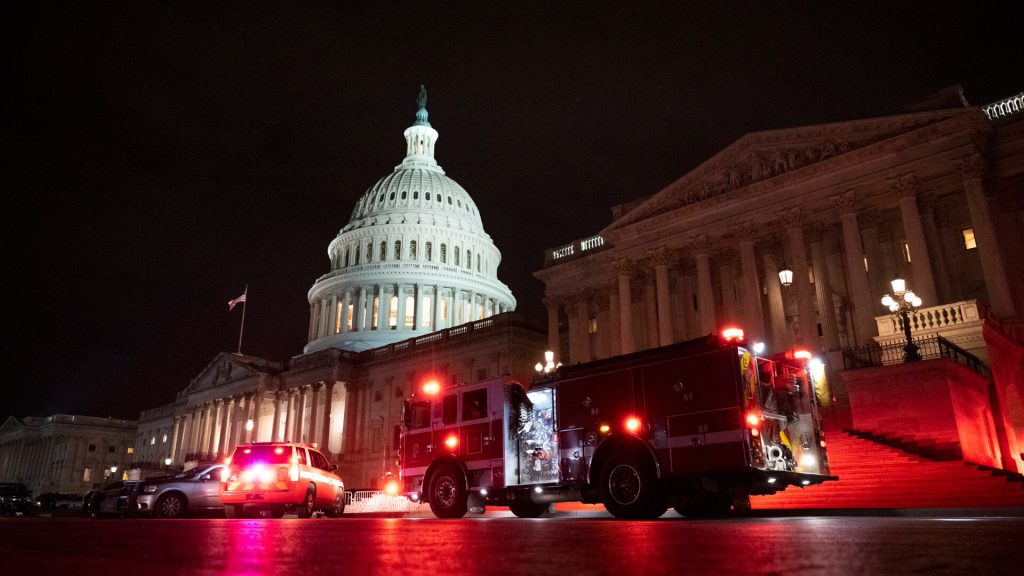
In the Washington D.C. district, though, Trump has been federally charged with multiple crimes against the United States, including attempts to subvert the election as well as defrauding the United States government. Trump has pled not guilty in all of his cases, but his posturing around his legal cases goes further than that.
Attempts to Throw Out the Charges
Trump and his legal team have used various arguments in filings to attempt to have his legal cases thrown out based on merit, rather than forcing Trump to go through a criminal trial. In the election interference cases, Trump has claimed that he is completely innocent, and did nothing wrong.
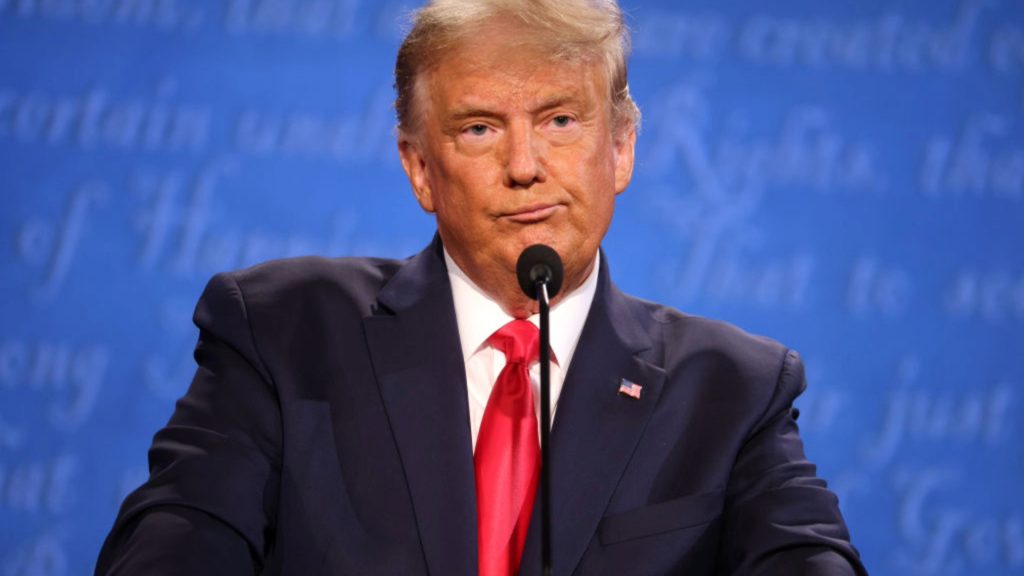
In Trump’s arguments, he claims that the 60+ lawsuits that were filed in swing states across the country regarding the election were merely him doing his “due diligence” to ensure the security of the election. He has also stated that it wasn’t his responsibility to do anything during the storming of the capitol, an event that only occurred because he and his administration were pushing the Big Lie.
Arguing Presidential Immunity
Perhaps the most insidious, though, Trump’s legal team has attempted to get the charges thrown out under the umbrella of presidential immunity. Presidential immunity is the widely understood concept that the President of the United States is safe from criminal or civil litigation while he is in office, and Trump is attempting to use it to throw out the legal cases against him.
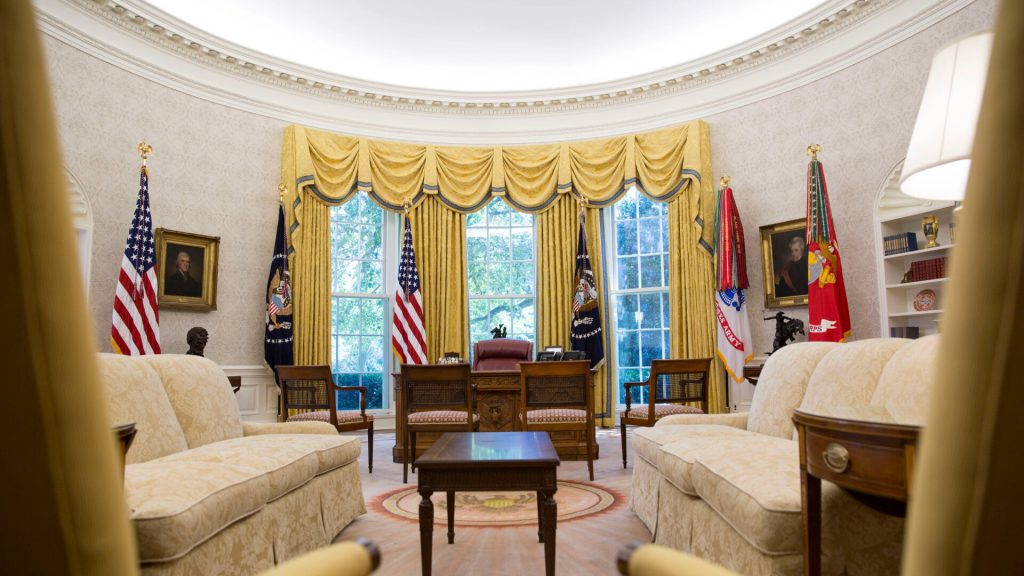
While presidential immunity applies to the President while he is in office, it’s generally understood by legal experts that the immunity is negated the moment that he is not longer in office.
Exceptions to the Rule
As with all things, there are exceptions to this rule. Richard Nixon stumbled on one of these exceptions in the 1980’s Supreme Court case, Nixon v. Fitzgerald. The case was surrounding civil damages that were brought against Nixon by a former employee of the United States government, who claimed that he had been fired for testimony that he presented to Congress during Nixon’s administration.
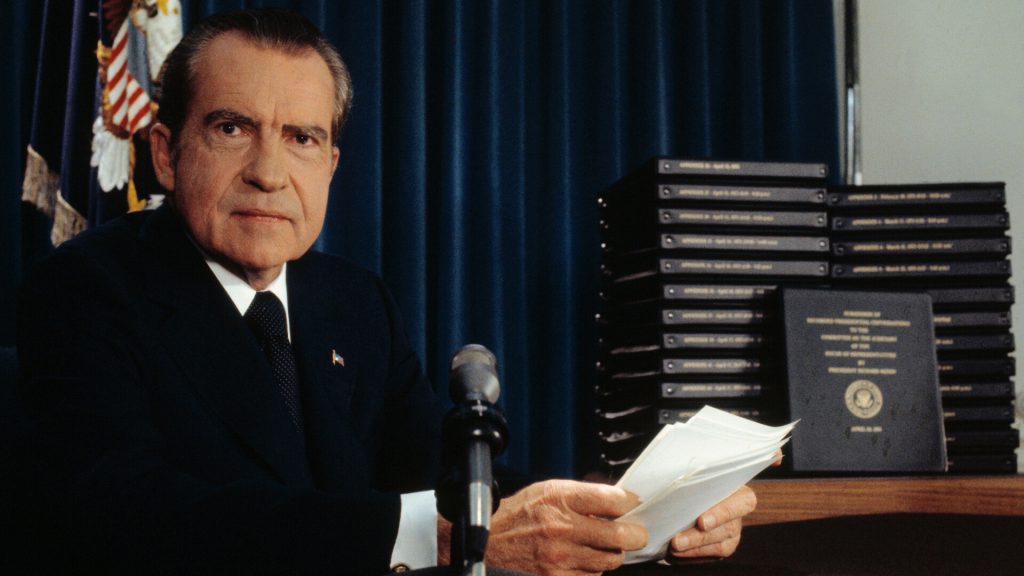
The Supreme Court found, in that case, that the president of the United States as well as former presidents were absolutely immune from liability for damages based on his official acts.
Immune Civilly, Not Criminally
The Supreme Court opinion specified that, while former presidents were immune from civil penalties for actions taken during their time in office, they could still be criminally prosecuted for actions that were taken while they were president.
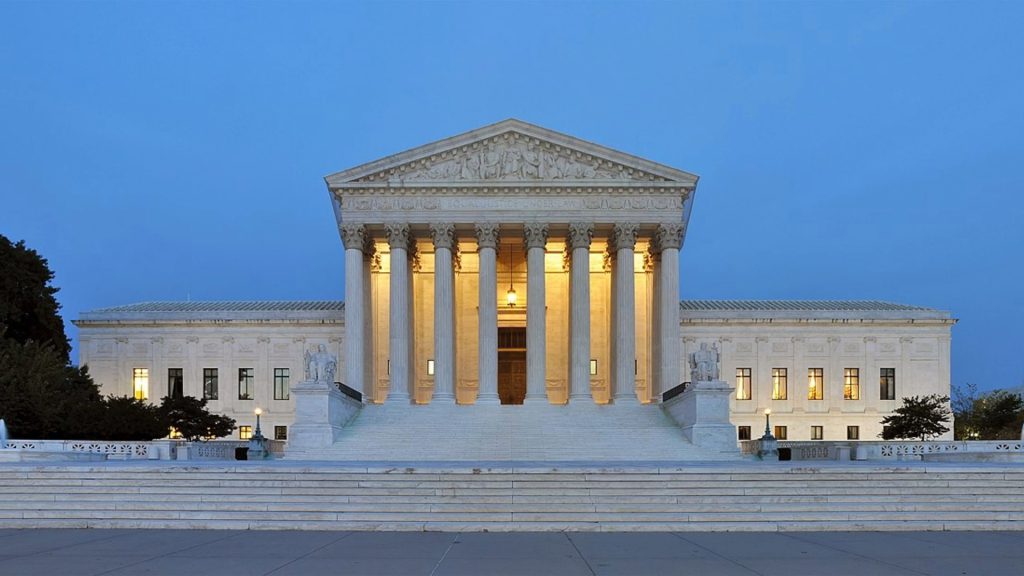
Trump and his team have been attempting to push the boundaries of this opinion, though. Trump has claimed that he didn’t do anything wrong, but even if he did, he should be immune from prosecution for said actions because they took place while he was still the President of the United States.
Some Republicans Side With Trump
There are some Republicans who have sided with the former President on this matter. The argument that he is being hunted by the Democrats because he’s the Republican frontrunner for president is a popular one with his base, and even with some legislators.
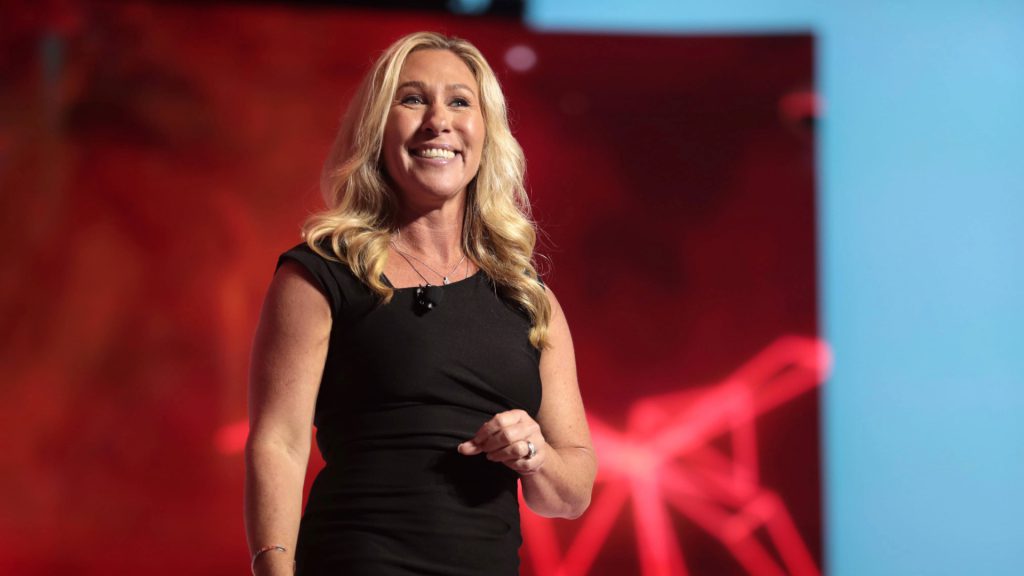
Other Republicans have firmly removed themselves from the issue, though, and there are even some who have openly opposed the former president regarding the issue.
Others Oppose Him
Mitch McConnell is one of the Republicans that falls into the latter camp. Since Trump left office, McConnell has positioned himself firmly in the “anti-Trump” camp. He has made clear that he wants the Republican party to be able to move on from the former president, despite the fact that a loud minority of the party will only ever support Trump.
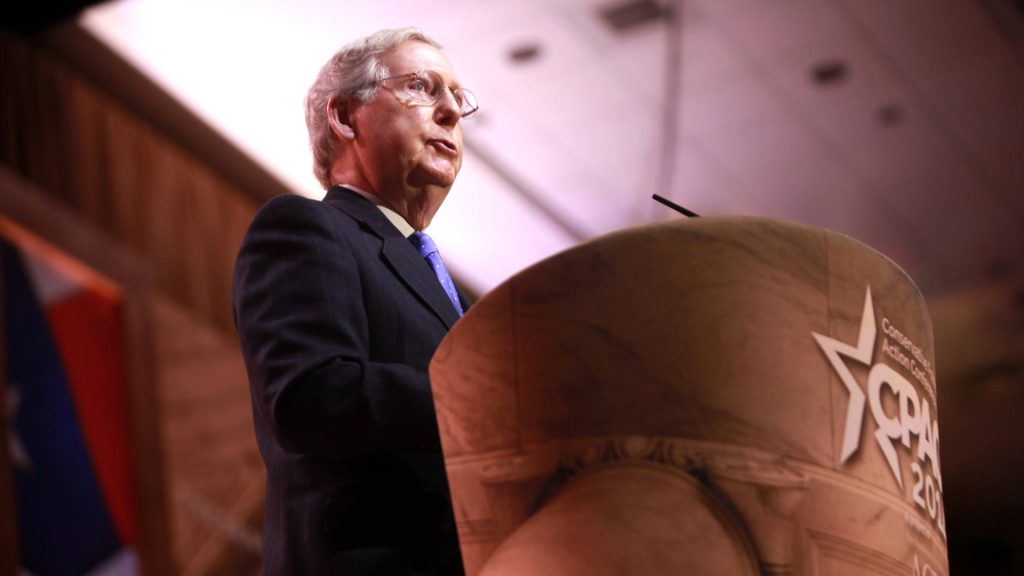
McConnell has even stated that he doesn’t believe that presidents should have full immunity from any charges whatsoever. During Trump’s second impeachment trial, the reason that McConnell gave for not voting to convict was that Trump would be able to be criminally charged once he was out of office, should he truly be guilty.
McConnell’s Opinion on Presidential Immunity
And as Trump’s legal battles have ramped up and the question of absolute presidential immunity has made its way up to the Supreme Court, McConnell has been asked, again, what his opinion on absolute immunity.
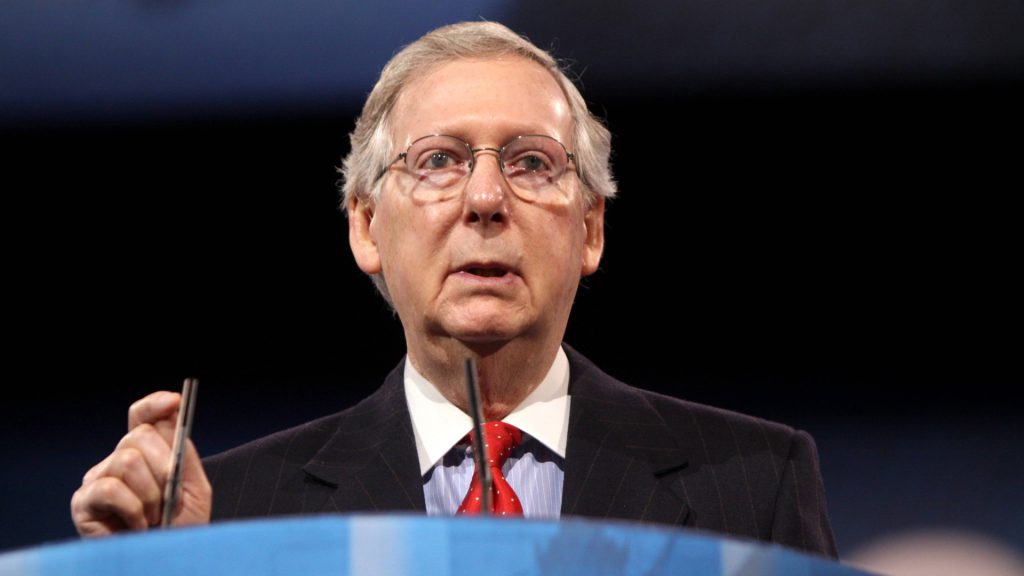
McConnell was questioned on the issue in an interview with Kristen Welker, where he was clear on his opinion of presidential immunity. “Obviously I don’t think that [presidents are immune.] But it’s not up to me to make that decision. The president clearly needs some kind of immunity, or he’d be in court all the time. So we’ll see how the Supreme Court deals with it.”
Waiting on the Supreme Court
McConnell repeated his opinion, and the caveat of the Supreme Court opinion, multiple times during the interview. And this is a fact of American political and legal life: there are times where we believe something is true, but it ultimately isn’t up to us to decide.
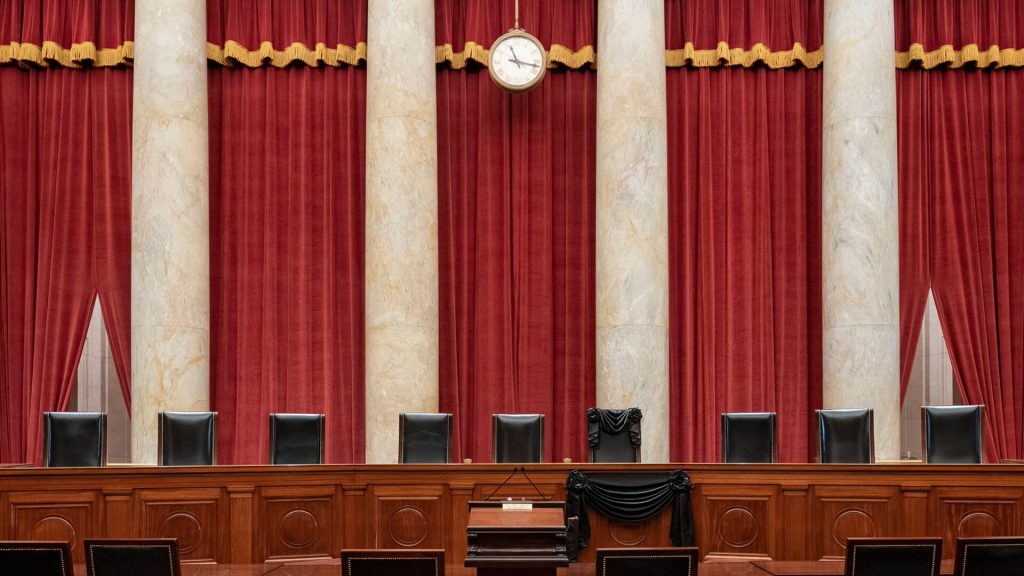
It’s unlikely that Trump will be happy with the leader of the Republican party in Congress disagreeing with him on this important issue, but McConnell is standing firm. The leader doesn’t believe that Trump should be criminally immune simply because he was president. It’s only a matter of time before the Supreme Court has to release their opinion on the issue, as well.

